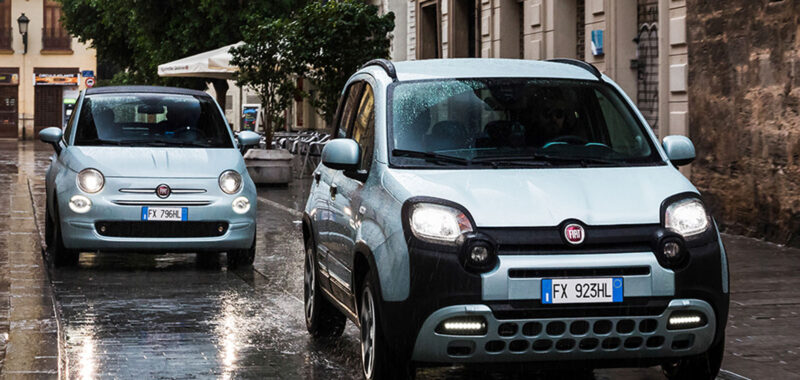Fiat plans to launch an all-new 500 in 2029 and an all-new Panda in 2030, in a commitment to producing city cars in Italy for the foreseeable future.
“The plan for Fiat is very clear,” Jean-Philippe Imparato, COO for Europe at Fiat parent company Stellantis, told Autocar at the Brussels motor show.
“The 500 will be completed by a hybrid version of [the electric] 500 in November 2025. Second, the next generation of 500 will come around 2029 at Mirafiori [factory in Turin].
“The Pandina [an internal nickname for the Panda] will be built in Pomigliano [factory in Naples] until 2030, and then you will have a new Pandina at Pomigliano in 2030.
“And you will have the Grande Panda coming in March 2025, both electric and hybrid versions of it.
“So you will have new 500, new Pandina and Grande Panda in the line-up of the A- and B- segment for Fiat.”
This means Fiat will continue to build the cars that have defined its brand since the original ‘Topolino’ 500 of 1936, resisting the temptation to abandon the city-car class for more profitable crossovers and SUVs that many of the 500 and Panda’s rivals have succumbed to in recent years.
Citroën and Peugeot axed the C1 and 108 siblings in 2022 and 2021 respectively; Volkswagen, Seat and Skoda gradually killed off the Up, Mii and Citigo trio between 2020 and 2023; and the Ford Ka+ was pulled from sale in 2019.
There are, however, green shoots sprouting: Kia, Hyundai and Toyota all continue to offer petrol-engined city cars (the Picanto, i10 and Aygo X) and Renault will launch a new electric Twingo next year. Chinese firm BYD is also expected to bring its Seagull EV to the UK.
The 500 and Panda have been a linchpin for Fiat over the past decade. Indeed, the Panda remains one of the best-selling new cars in Italy, despite it having been launched 14 years ago.


